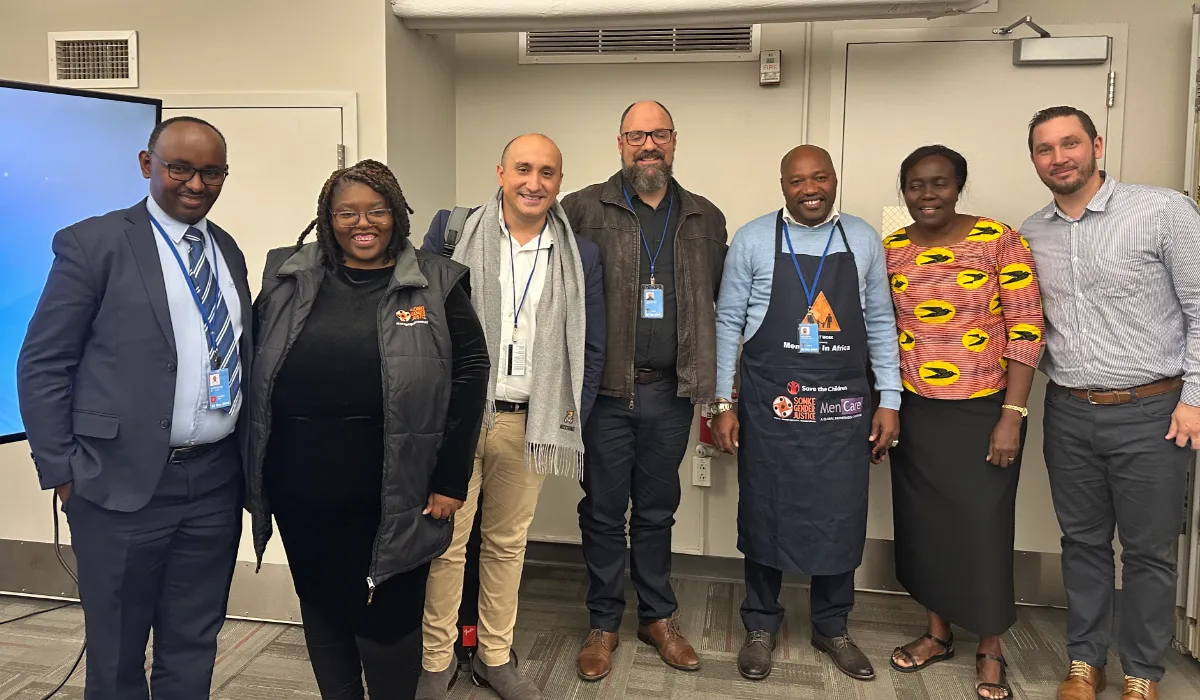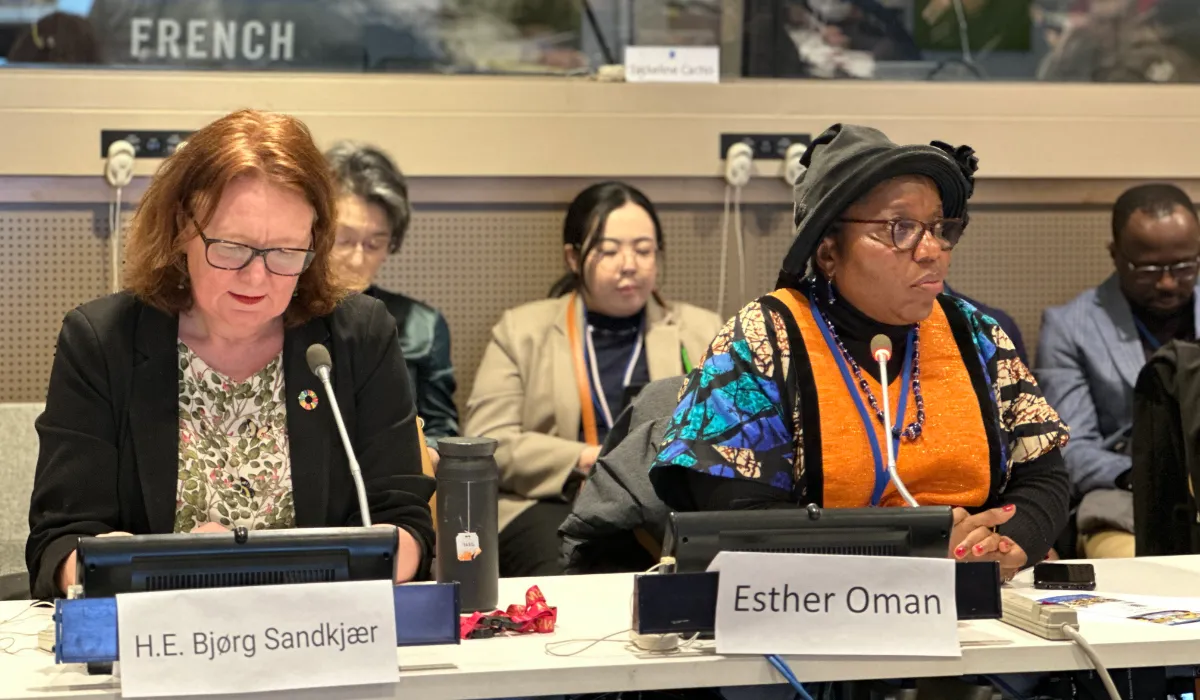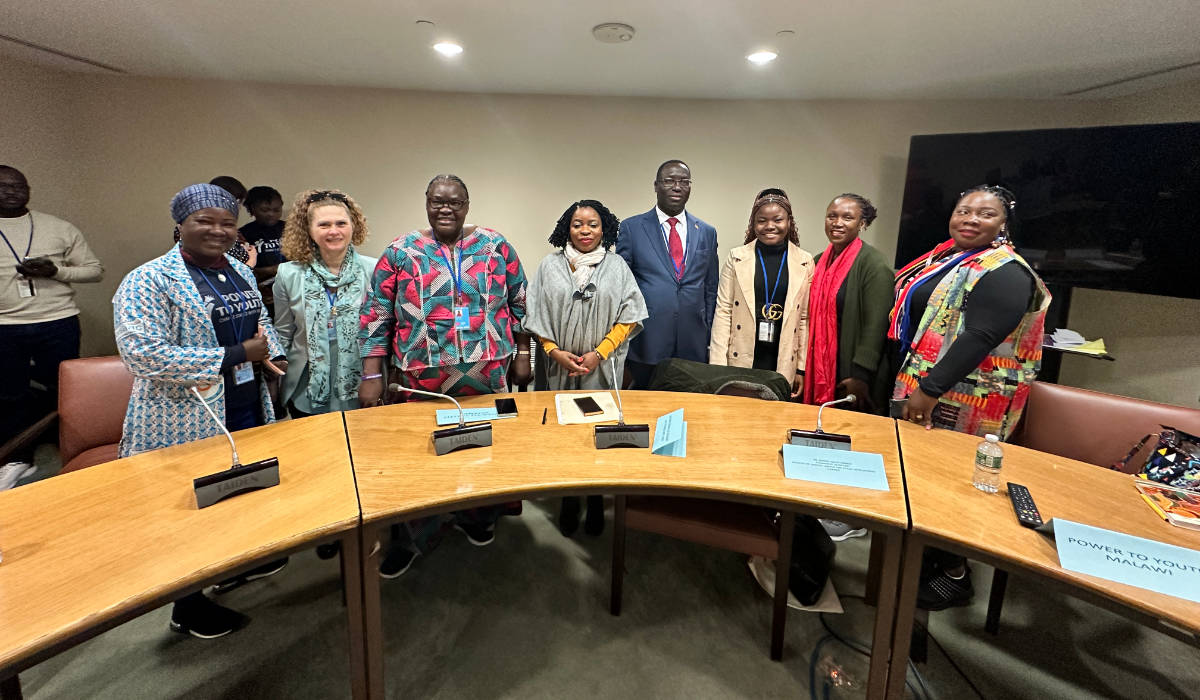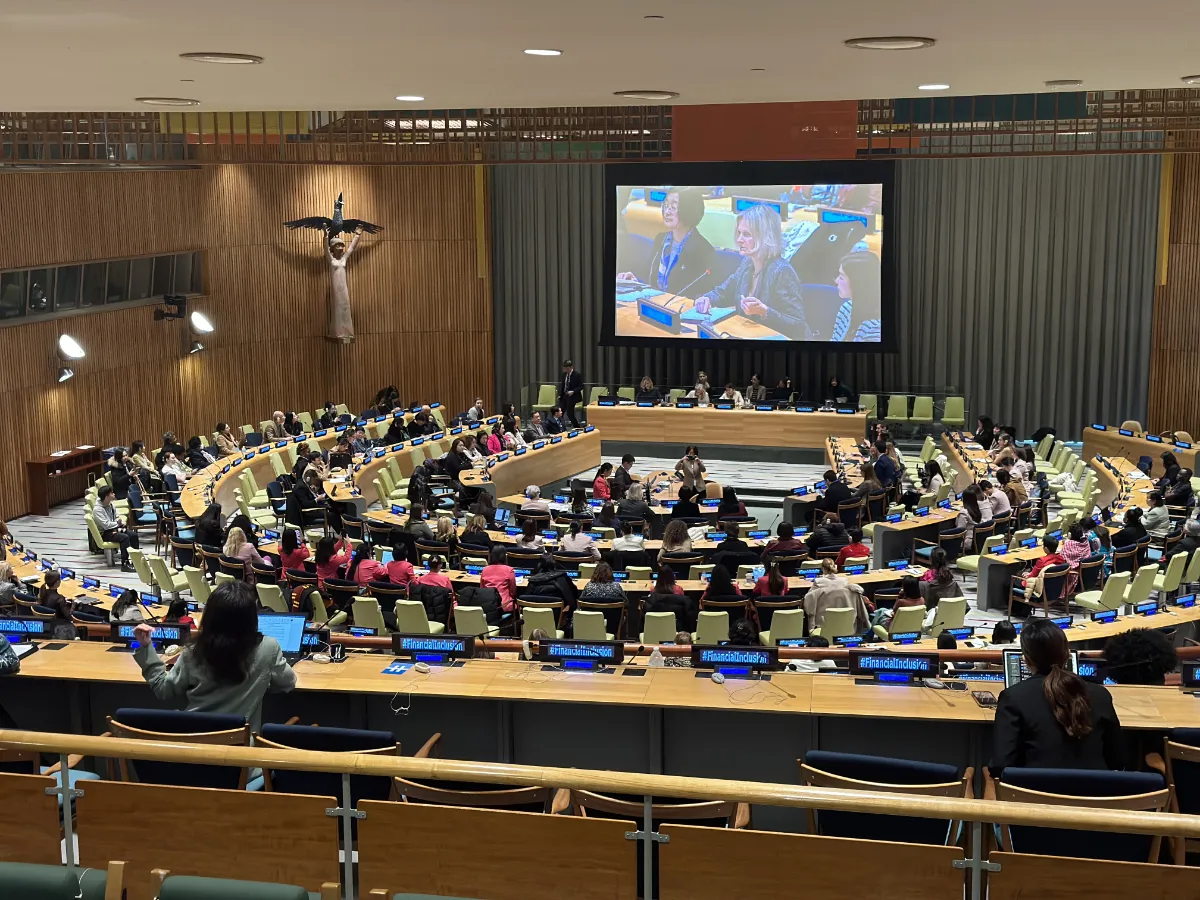The Commission on the Status of Women (CSW68) concluded its proceedings at the United Nations headquarters in New York on the 22nd of March 2024, after a two week-long session of intense discussions and deliberations. The event brought together representatives from all corners of the world, including government officials, civil society leaders, and advocates for women’s rights. This year the forum was held under the theme “Accelerating the achievement of gender equality and the empowerment of all women and girls by addressing poverty and strengthening institutions and financing with a gender perspective”.
Throughout the two weeks, delegates engaged in a range of activities, including high-level panels, interactive dialogues, and side events, all aimed at promoting women’s rights and gender equality. Sonke Gender Justice and MenEngage Africa hosted and participated in several side-events which were focused on ending violence against women and girls, promoting women’s economic empowerment, access to Sexual Reproductive and Health Rights services, increasing women’s participation in decision-making, and ensuring access to quality education and healthcare. The discussions were lively and thought-provoking, with participants sharing their experiences and perspectives on the challenges and opportunities faced by women and girls in their respective countries and regions. Sonke Gender Justice and MenEngage Africa hosted and participated in the following sessions:

Parental leave and beyond: Care policies and informally employed workers
This event highlighted the viability and implications of care focused policies for formally and informally employed working parents in low and middle-income countries. Influenced by the advocacy of organizations like Sonke Gender Justice and RWAMREC. South Africa and Rwanda have recently improved their parental leave policies. Many workers in Africa are however employed in the informal economy. The State of the World’s Fathers report 2023 provides insights about parents, care and care policies across varied economies in 16 countries, and global findings from the World Policy Center highlights nuances of providing parental leave to workers in informal employment.

Accelerating Gender Equality in Fragile Settings: A Focus on Women and Girls
The event was aimed to tackle the urgent concerns pertaining to gender parity in humanitarian and precarious environments. With a specific focus on the challenges faced by women and girls, to foster dialogue, propose innovative solutions, and catalyse action towards achieving gender parity in these contexts.

Is Technology-Facilitated Gender-Based Violence Real?’
Technology-facilitated gender-based violence is a growing concern nowadays. With the rise of technology, the use of social media and other digital platforms has become a common means of communication for people globally. However, along with the benefits of these technologies come the risks of being exposed to violence, especially gender-based violence. To confront this alarming trend head-on, ABAAD, Equimundo, Rutgers, and Sonke from the Generation G partnership organised an event during this year’s CSW titled ‘Is Technology-Facilitated Gender-Based Violence Real?

Sonke Gender Justice and Power To Youth Partners share Good Practices at CSW68
Power To You(th) program’s participation at the Commission on the Status of Women 68 featured interactive sessions on community interventions in different countries to promote meaningful youth engagement and participation in gender transformation, gender-inclusive initiatives and human rights with focus on the rights of women and girls
Follow this link to learn more about the good practices shared at CSW68 by Sonke Gender Justice and Power To You(th) Partners.
CSW68 also provided an opportunity for Sonke Gender Justice, MenEngage Africa, and partners to share best practices and make several calls to action while also making commitments and pledges towards advancing gender equality and women’s empowerment.
Now that this year’s CSW68 has ended, it leaves government, civil society organisations, corporations, and all other stakeholders with more work, and all stakeholders must step up their efforts towards achieving gender equality and empowering women and girls worldwide.


